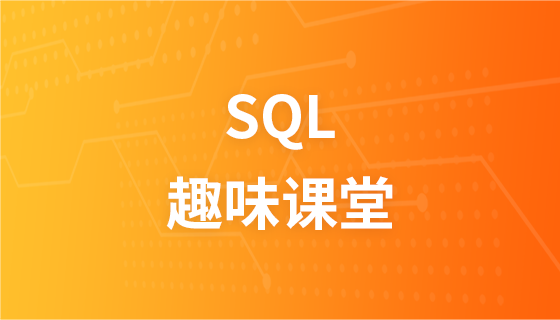
Course15816
Course Introduction:This course in "SQL Fun Class" can be used to learn databases or as review materials! ! There are basic questions in the course. It’s fun to do the questions step by step like a game. Let’s learn together! !
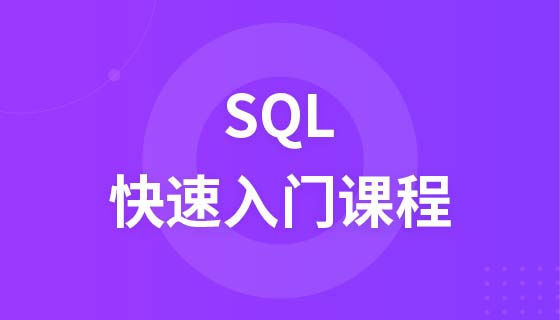
Course8236
Course Introduction:SQL (Structured Query Language) is used to manage relational database management systems (RDBMS). The scope of SQL includes data insertion, query, update and deletion, database schema creation and modification, and data access control.
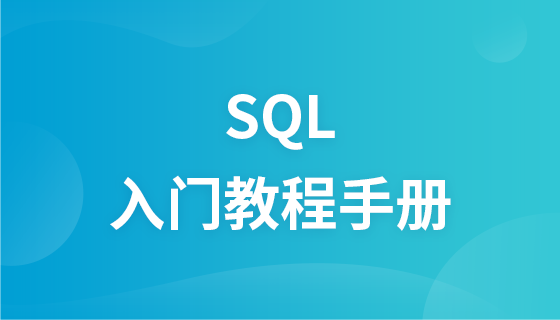
Course49311
Course Introduction:"SQL Development Manual" is the latest official SQL online manual. In this sql document, you will learn how to use sql to access, process system data and other sql knowledge. It is an important reference manual for sql learners!
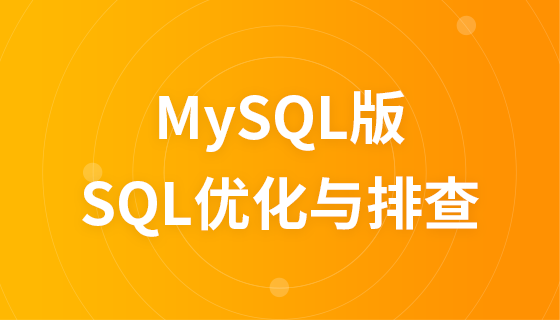
Course3374
Course Introduction:MySQL installation and configuration under Linux, database logical layering, parsing process, index, detailed analysis of SQL execution plan, principles to avoid index failure, optimization cases, common optimization strategies, slow SQL troubleshooting, simulation of massive data, lock mechanism, MySQL under windows and linux Master-slave replication.
Retrieve MySql rows with the same column value
2023-11-10 21:53:39 0 2 331
XAMPP/SQLSRV: Unable to find Sqlsrv in PHPINFO(); - error from connection
2023-11-09 22:34:33 0 1 172
What is the way to protect this function from SQL injection?
2023-11-07 22:03:43 0 2 274
2023-11-05 15:50:42 0 1 242
Get column names and data for CSV export (MYSQL) using PHP
2023-11-04 21:59:58 0 2 279
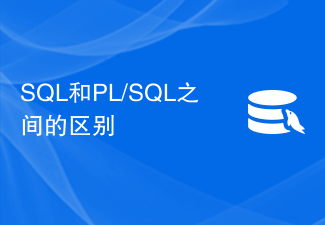
Course Introduction:SQL, Structured Query Language, is a standard database language used to create, maintain and retrieve relational databases, while PL/SQL, the procedural language extension of SQL, extends SQL and provides procedural ability. Following are the important differences between SQL and PL/SQL. Serial number keyword SQLPL/SQL1 Definition SQL is a structured query language for databases. PL/SQL is a programming language using SQL. 2 Variables SQL has no variables. PL/SQL has variables, data types, etc. 3. Control structure SQL does not have FOR loops, if controls and similar structures. PL/SQL has FOR loops, while loops, if controls, and other similar structures. 4Operation SQ
2023-08-24 comment 01110

Course Introduction:Differences: 1. Hive-sql does not support equivalent connections, but sql does; 2. Hive-sql does not support "Insert into table Values()", UPDATA, and DELETE operations, but sql does; 3. Hive-sql does not support transactions , and sql supports.
2020-11-13 comment 019217
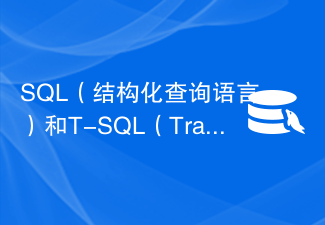
Course Introduction:SQLSQL, Structured Query Language is a non-procedural language used by database engines to interpret SQL queries to create/modify/access databases T-SQLT-SQL (Transact-SQL) is a procedural extension of SQL and is used by SQLServer. Similar to Oracle's PL/SQL. Following are the important differences between SQL and T-SQL. gentlemen. No. key SQLT-SQL1 Type SQL is non-procedural in nature. T-SQL is procedural in nature. 2-method SQL provides data manipulation and control functions. Using T-SQL, we can write our own procedures, functions with local variables. 3 Proprietary SQL is open for use and common in RDBMS software
2023-09-04 comment 0931
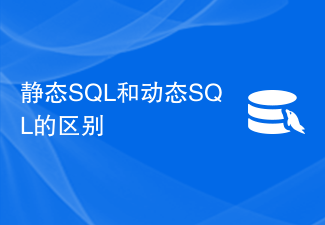
Course Introduction:Static SQL Static SQL refers to those SQL statements that are fixed and can be hard-coded into the application. Since static SQL is a fixed query, these statements can be analyzed and optimized without any special handling for security purposes. Dynamic SQL Dynamic SQL refers to SQL statements that do not exist. Dynamically generated and run within the application based on user input. Dynamic Sqls helps in developing versatile and flexible applications. Dynamic SQL may require more permissions and security handling, and malicious users may create dangerous code. Following are some important differences between static routing and dynamic routing. advanced. no. Key Static SQL Dynamic SQL1 Database access In static SQL, the database access process is predetermined in the statement
2023-09-21 comment 0862

Course Introduction:Oracle SQL Tutorial Oracle SQL is the SQL language for the relational database Oracle. SQL is the abbreviation of Structured Query Language, which is used to perform operations such as additions, deletions, modifications, and queries on relational databases. Oracle SQL includes a large number of SQL statements that can be used to retrieve data from tables, insert and update data, and delete data. In this article, we will cover the basics and advanced features of Oracle SQL
2023-05-08 comment 0629